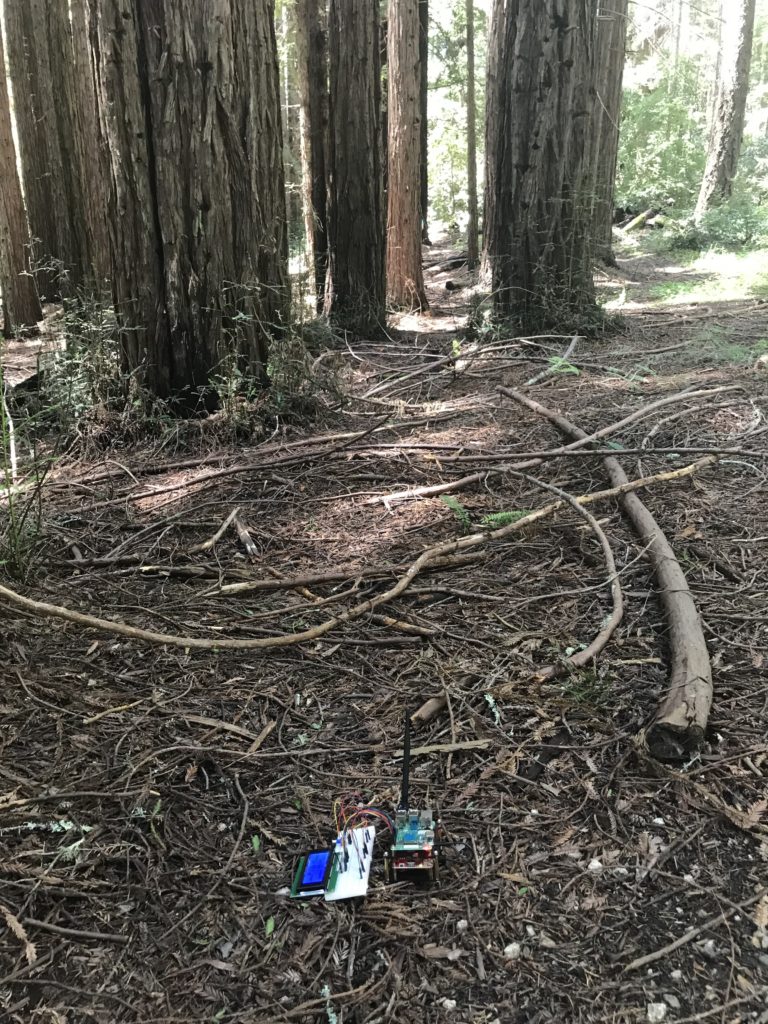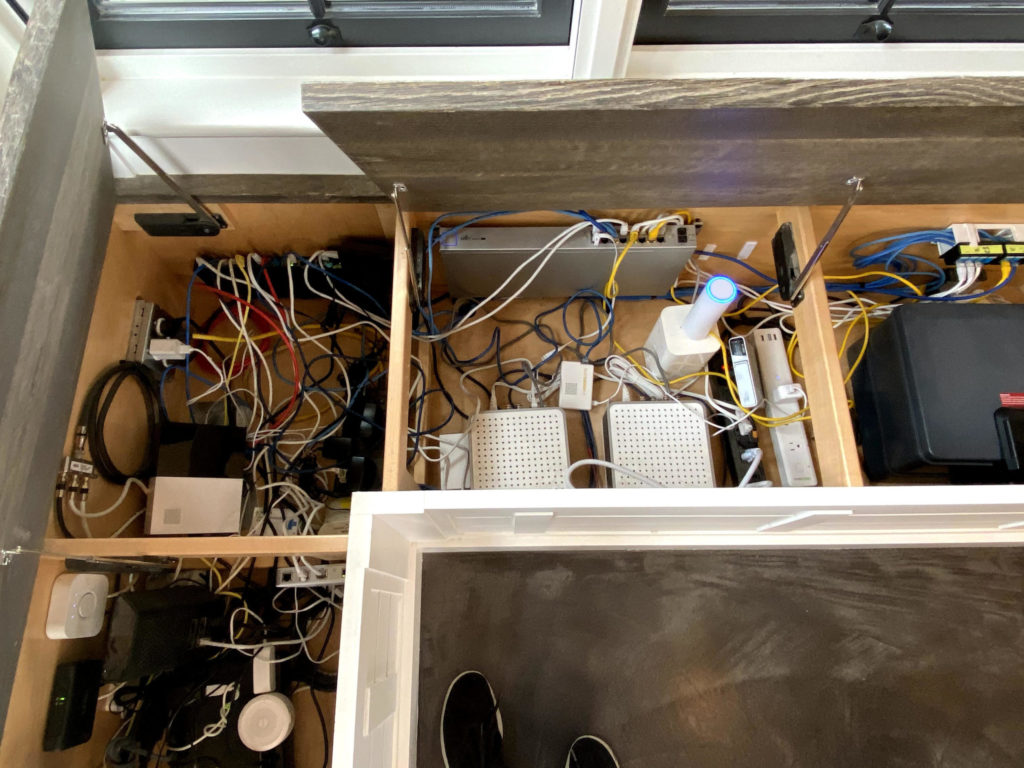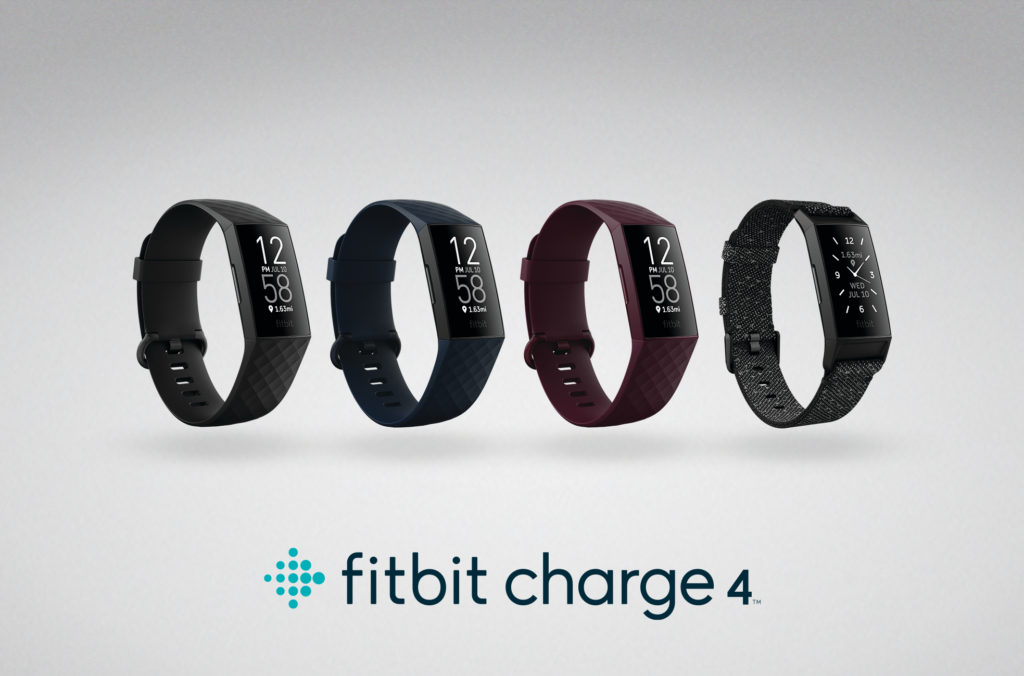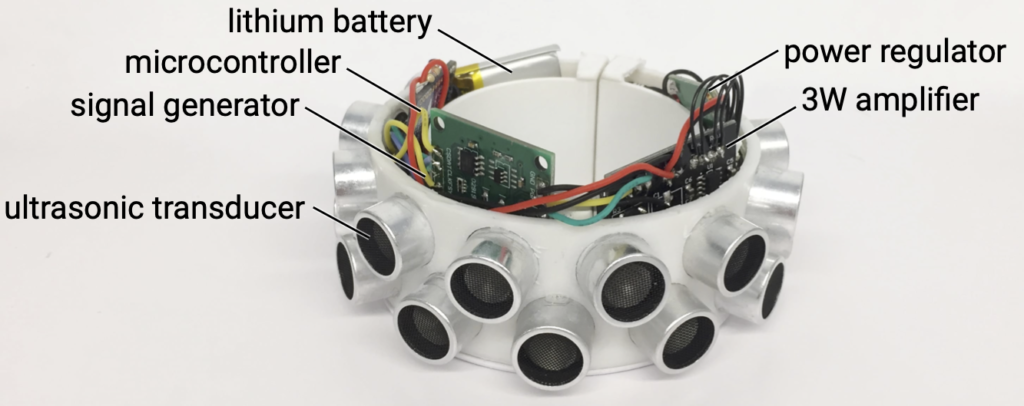This week’s show kicks off with a lot of detail about the news coming out of Amazon’s Re:Invent event happening over the next few weeks. We talk about the new ML services for manufacturing, the deal with Research in Motion for car data, and Amazon’s Proton service and container plans. We then discuss the new Wyze Watch which is available for $19.99, and a funding for Wi-Fi HaLow chip provider Morse Micro. From there, we talk about 5G in factories, Nordic’s Wi-Fi acquisition, and a little bit more information about Amazon Sidewalk. We end by answering a question about Nest thermostats.
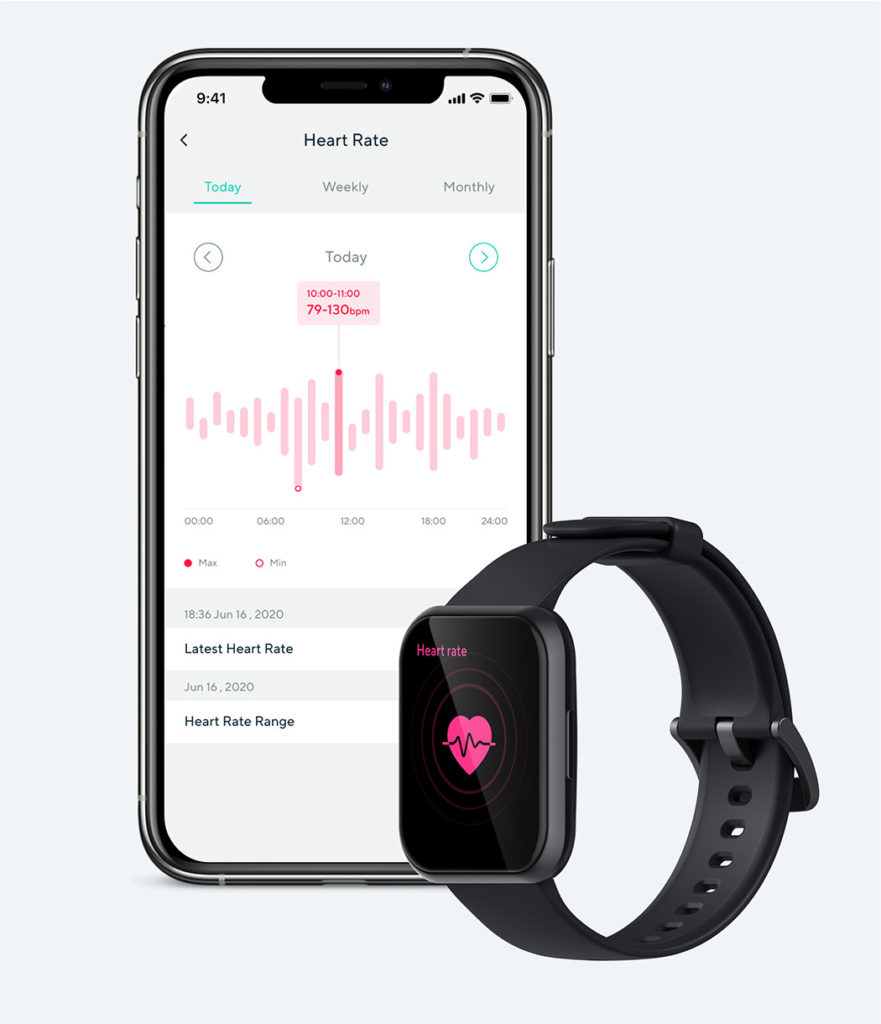
Our guest this week is Scott Turnbull, director of technology at US Ignite. He’s on the show to help assess where we are at when it comes to smart city deployments. We discuss what’s holding us back, and the need for a citizen’s bill of rights before cities start buying gear. He also has an idea for a new job created to oversee the smart city. We also talk about what the city should own and how they should fund their deployments. If you care about the future of surveillance and cities this episode is a must-listen.
Hosts: Stacey Higginbotham and Kevin Tofel
Guest: Scott Turnbull, director of technology at US Ignite
Sponsors: Calix and Lee Odess
- The big IoT news at Amazon’s big event
- Wyze just keeps those gadgets coming, y’all.
- I make the case for leaving Amazon’s Sidewalk service on
- How to ensure smart cities have citizen oversight
- Why cities should own their technical infrastructure
Podcast: Play in new window | Download | Embed
Subscribe: RSS

